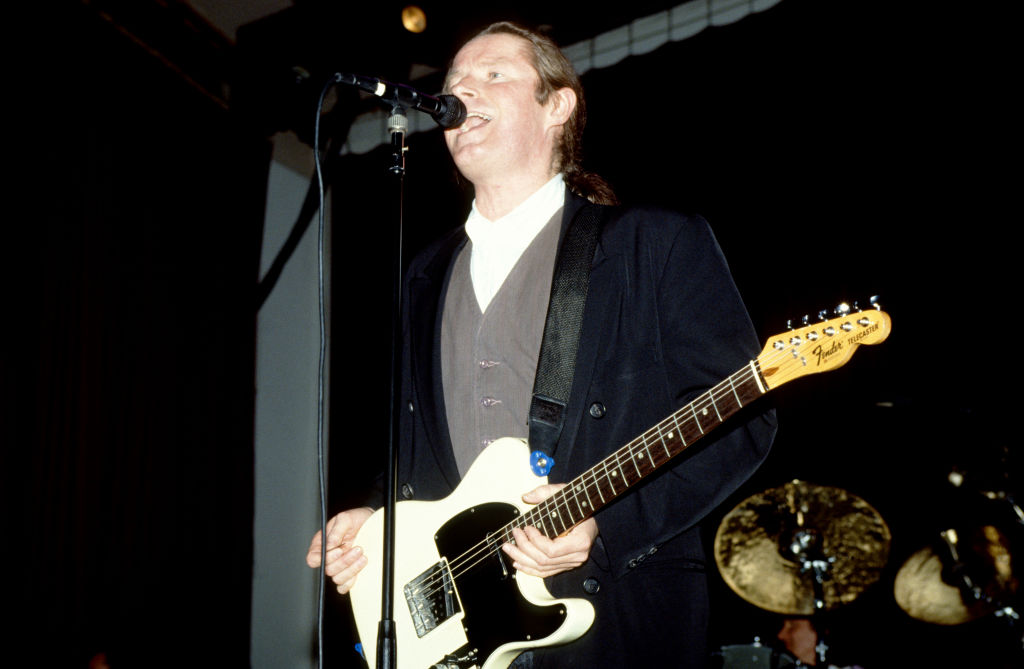ROCK MOMENT – Don Henley ‘Dirty Laundry’

When Don Henley stepped out on his own after the Eagles’ breakup in 1980, the world wasn’t sure if the drummer and co-lead vocalist could carry a solo career. By 1982, that doubt was erased with the release of I Can’t Stand Still, and its standout single, ‘Dirty Laundry.‘ Sharp, satirical, and musically cutting-edge, the track became Henley’s first major solo hit and a career-defining statement.
Co-written with guitarist Danny Kortchmar, ‘Dirty Laundry’ was Henley’s response to what he saw as the declining integrity of television news. He was appalled at the sensationalism and the public’s appetite for scandal, long before the rise of tabloid TV or reality shows. Anchors were becoming celebrities, scandals were headlined over substance, and Henley distilled his disgust into lines that skewered both the media and its viewers. Kortchmar later revealed the phrase “dirty laundry” was his starting point, but Henley’s lyrical venom turned it into a biting anthem.
Musically, the song carried the sleek polish of early-’80s rock but with a cynical bite. With Jeff Porcaro (of Toto) on drums and Steve Lukather providing searing guitar work, ‘Dirty Laundry’ combined funk-inspired grooves with biting rock textures. Its mechanical pulse mirrored the coldness of the media machine Henley was criticizing.
Released in late 1982, the song soared to No. 3 on the Billboard Hot 100 and became a staple of early MTV thanks to its satirical video. The clip poked fun at news anchors, TV culture, and even Henley himself, showcasing a dry humor that cut against the seriousness of the lyrics.
For Henley, the song proved he could thrive outside the Eagles, carving an identity as a socially conscious artist. While the Eagles’ catalog was filled with storytelling and Americana, ‘Dirty Laundry’ was topical, sharp-edged, and confrontational. Critics praised Henley for tackling an issue that few rock stars dared to address.
Decades later, the song’s relevance hasn’t faded. In interviews, Henley has reflected that the issues he railed against in 1982 — media sensationalism, the obsession with celebrity scandal, and the blurring of entertainment and journalism — have only intensified. In that sense, ‘Dirty Laundry‘ feels less like a product of the early ’80s and more like a warning that still echoes.
For fans, it’s both a killer groove and a biting commentary. For Henley, it was the moment he proved he wasn’t just the voice of the Eagles — he was a solo artist with something urgent to say.






